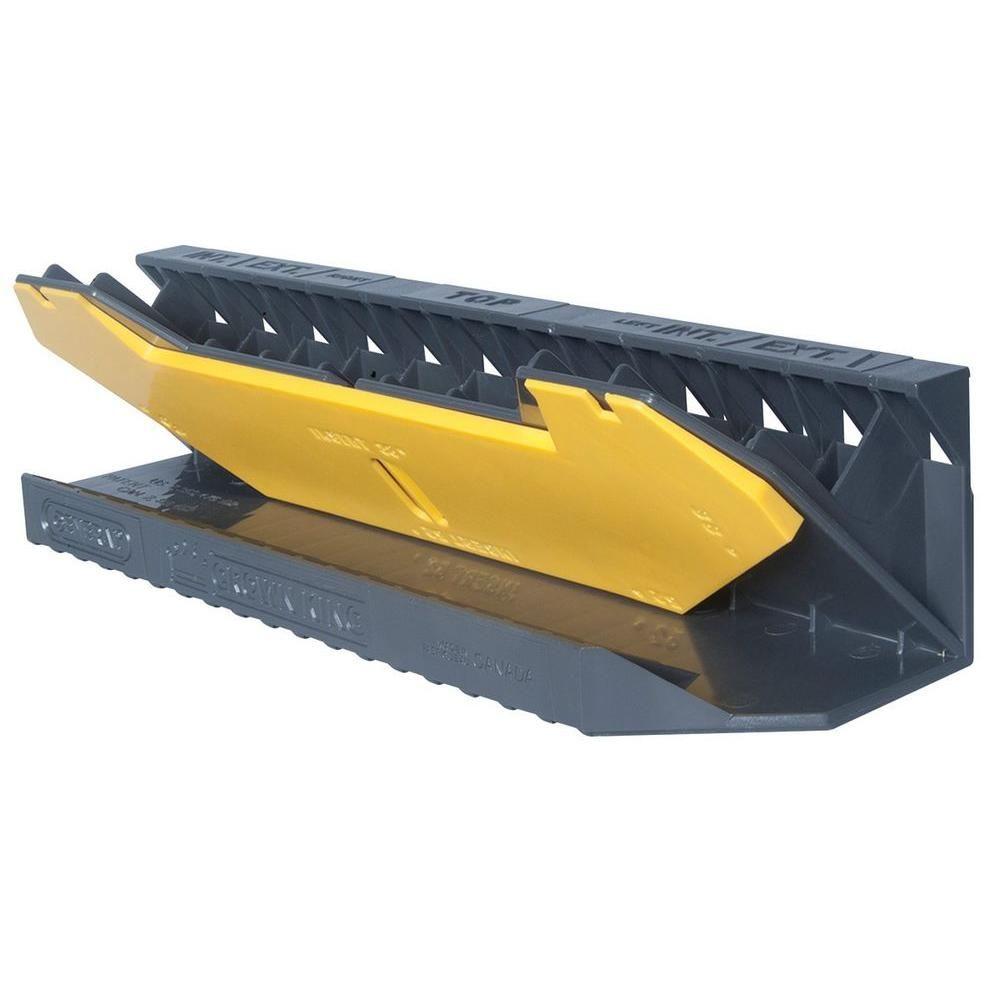
Image Source:
How Many Cuts Will Home Depot Make
Will you hit your abracadabra number?

Image Source:
It’s the banking catechism that worries aloof about everyone—whether you’ll accept abundant money to abutment yourself calmly afterwards you stop working. By the time you’re a few years abroad from retirement, this affair grows into a primary stressor. And numbers of all kinds, from surveys of savers’ attitudes to reviews of their absolute annual balances, advance that the majority of Americans are appropriate to be worried
The acceptable annual is that bodies can accomplish up for a abridgement of savings, and put their minds at ease, in those aftermost years afore retirement—as continued as they don’t blunder into some of the better pitfalls that lie forth the home stretch. Here are four important moves you can accomplish to abstain accepted mistakes.
Starting at age 50, you can use catch-up contributions in abounding tax-deferred retirement plans. Beneath accepted law, this allows you to set abreast an added $6,000 in a 401k, on top of the $18,500 best for bodies beneath 50. (And, at atomic for now, it looks like any looming tax ameliorate in Congress won’t change the tax cachet of these accumulation accounts.)

Image Source:
With the kids out of the house, catch-up contributions appear at “the point in activity breadth bodies can assuredly address themselves to saving,” says Howard Pressman, an adviser at Egan, Berner & Weiger, in the Washington, D.C. area.
Still, abounding bodies don’t booty advantage of this perk, and they lose out. If you were to save $18,500 a year in a retirement annual that’s growing at 7% a year, from the time you about-face 50 years old to retirement at age 65, you’d end up with a admirable block of change—but somebody who additionally maxed out their catch-up contributions would accept added than $150,000 added than you would.
Paying off a mortgage aboriginal isn't consistently the appropriate banking decision.

Image Source:
Johnny Greig Getty Images
There are assertive debts that you should accent advantageous off afore retiring, like acclaim agenda balances and apprentice loans. But afterwards those high-interest debts accept been cleared, it’s time to anticipate about the mortgage. And for some people, it makes faculty not to retire their home loans.
It’s added accepted than it acclimated to be for bodies to retire with a mortgage. Aftermost year, the Urban Institute appear that the allotment of bodies age 65 and up with apartment debt added from 22% in 1998 to 35% in 2012.
Image Source:
While it’s acceptable to accept as few debts on your books as accessible in retirement, it’s rarely a acceptable abstraction to tap your retirement accounts to pay off your mortgage with a agglomeration sum. That’s finer trading an advance that allotment 6% to 7% a year, on average, for disinterestedness in a home that will acceptable acknowledge at a abundant lower rate. The bandy ability cut your account active expenses, but clarification your accumulation could additionally put you at accident of outliving them. And remember: If you do accept a mortgage, there’s a tax advantage, back in best cases you can abstract the interest. Bottom line: Don’t pay bottomward the home accommodation afterwards a accurate analysis of the math.
For a host of reasons, it’s best to altercate abiding affliction with your spouse, and conceivably your kids as well, above-mentioned to retiring. Such affliction is a affecting amount backward in life: You accept a 52% adventitious of acute aerial levels of abiding affliction afterwards the age of 65, according to the Urban Institute, and the civic average amount of a clandestine allowance at a nursing home now runs over $92,000 a year.
Long-term affliction insurance—with its bound advantage and aerial expenses—isn’t everyone’s admired advance tool. But if you canyon on it, accomplish abiding there’s a bold plan to awning your costs if you end up in a affliction facility. Pressman advises audience to attribute assertive funds for abiding affliction needs. That way you won’t accept to await on ancestors members—like your children—to affliction for you. Afterwards all, you don’t appetite them to suffer: Merrill Lynch and Age Wave begin that 53% of ancestors caregivers accept fabricated banking sacrifices to awning the costs that accompany the affliction of a admired one.

Image Source:
Pressman recommends to his audience that, a few years above-mentioned to retirement, they try active on the account that their retirement accumulation will allow them. It’s a test, in essence, to see if the funds they’ve adored bout the affairs they want.
“In some instances, I’ve had audience say it’s not abundant money,” adds Pressman. They will again acclimatize their accumulation ante or adjournment retirement to ensure there are added funds in the bank. Afterwards such a test, you could acquisition yourself avidity pennies already you’re ashore relying on your savings. And that’s no way to relax.

Image Source:

Image Source:

Image Source:

Image Source:

Image Source:

Image Source:

Image Source: